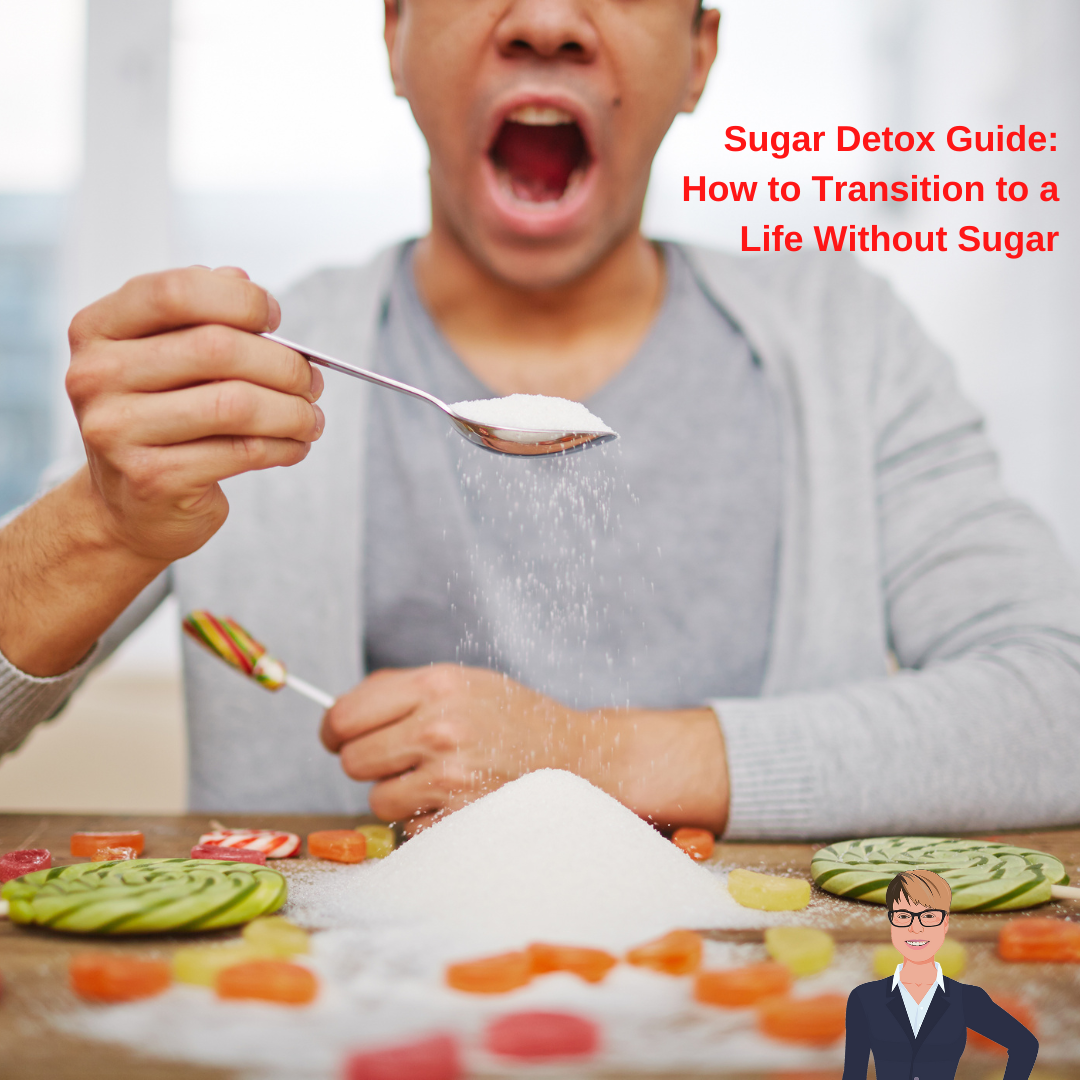Are You Among the Rising Number of Americans Grappling with Diabetes?
Perhaps you’re not there yet, but your physician has hinted at pre-diabetes or diabetes in your future.
Or maybe you’re contending with extra weight around your midriff, accompanied by post-meal lethargy. You might find yourself hungry shortly after meals, battling a mid-afternoon energy slump, or having intense cravings for sugar.
If any of these resonate with you, you are not alone! Many others are facing similar challenges.
It’s worth taking a moment to contemplate diabetes, its progression, and, most importantly, measures to enhance its management. Even if you’re not among the millions contending with diabetes, it’s vital to acquaint yourself with it and take steps to mitigate your risk or stave off its onset altogether.
So, please read this week’s post to discover more about the diabetes crisis as well as doable prevention and management strategies.
Read More
















